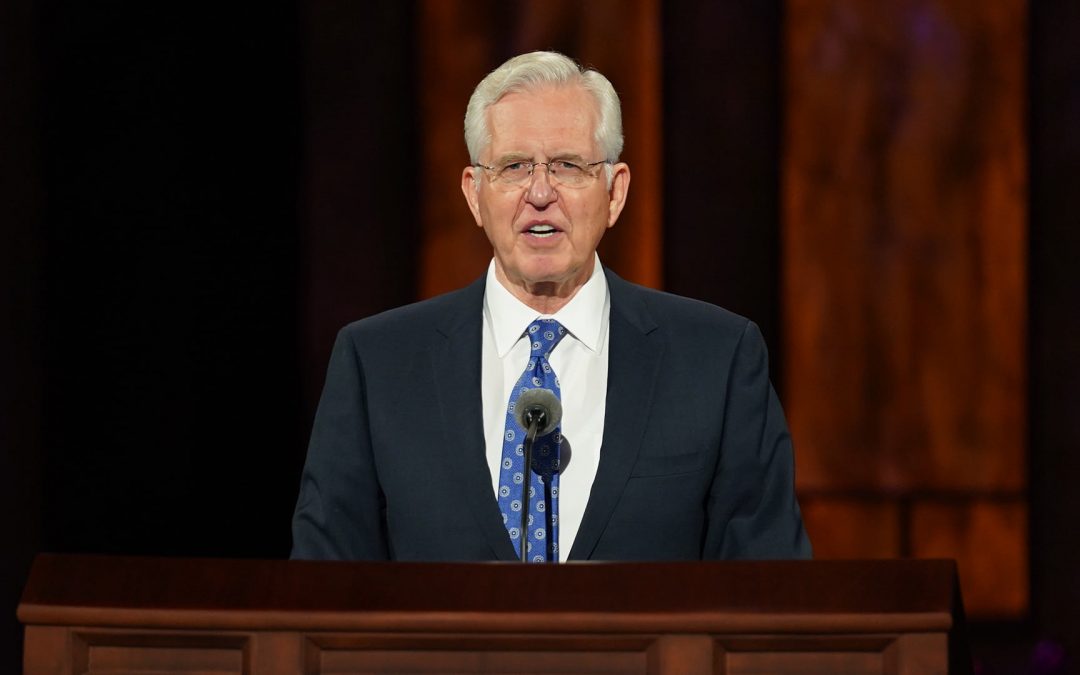A sustainable, flourishing society is one that promotes happiness, progress, peace and wellbeing among its members. There are two examples of such thriving societies found in the scriptures: the city of Enoch, or Zion, and the Nephites and Lamanites for two centuries after the Savior’s ministry in the Americas.
“The societies in these two examples … were obedient to God in their personal lives and they looked after one another’s physical and spiritual welfare.”
A thriving society can fail, however, if it abandons the virtues that uphold its peace and prosperity, turns from a sense of accountability to God and trusts instead in the arm of flesh.
The institutions of family and religion are and have been crucial for endowing individuals and communities with the virtues that sustain an enduring society.
“These virtues, rooted in scripture, include integrity, responsibility and accountability, compassion, marriage and fidelity in marriage, respect for others and the property of others, service and the necessity and dignity of work, among others.”
In recent years, the perceived importance of religion has declined all over the world. Those who profess no religion are often good, moral people, but this didn’t happen without divine influence.
“Whether aware of it or not, every man, woman and child of every belief, place and time is imbued with the light of Christ and therefore possesses the sense of right and wrong we often call a conscience.”
When society has no greater good than satisfying individuals’ appetites, the detrimental effects will manifest in due course. In contrast, the truth of God points to a better or more excellent way to personal happiness and community wellbeing.
“There is much we can do as neighbors and fellow citizens to contribute to the sustainability and success of the societies we live in, and surely our most fundamental and enduring service will be to teach and live by the truths inherent in God’s great plan of redemption.”





